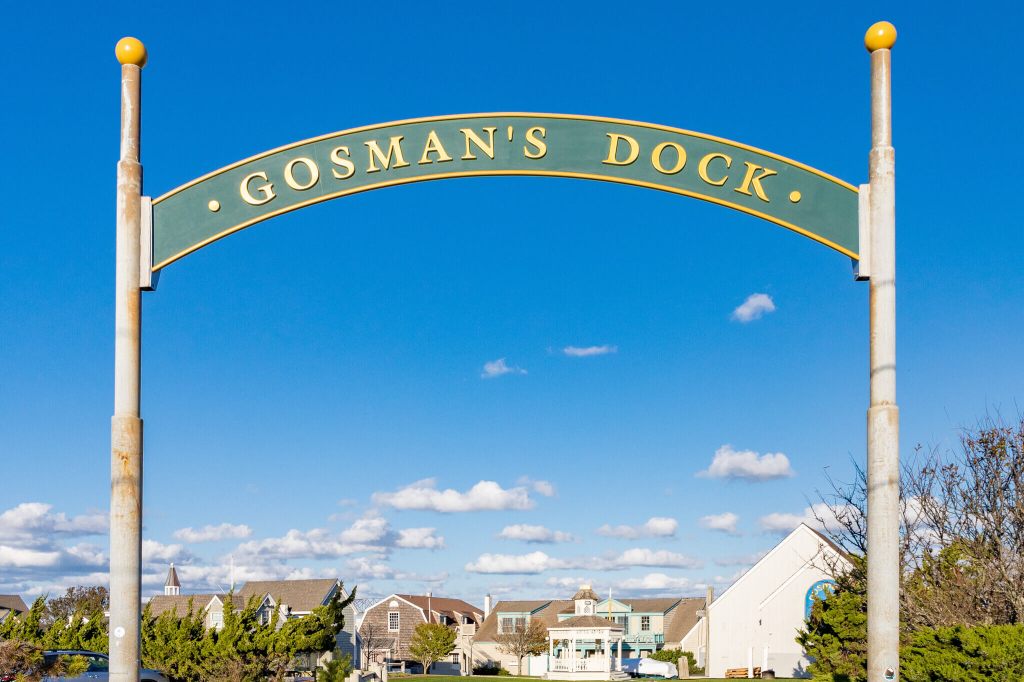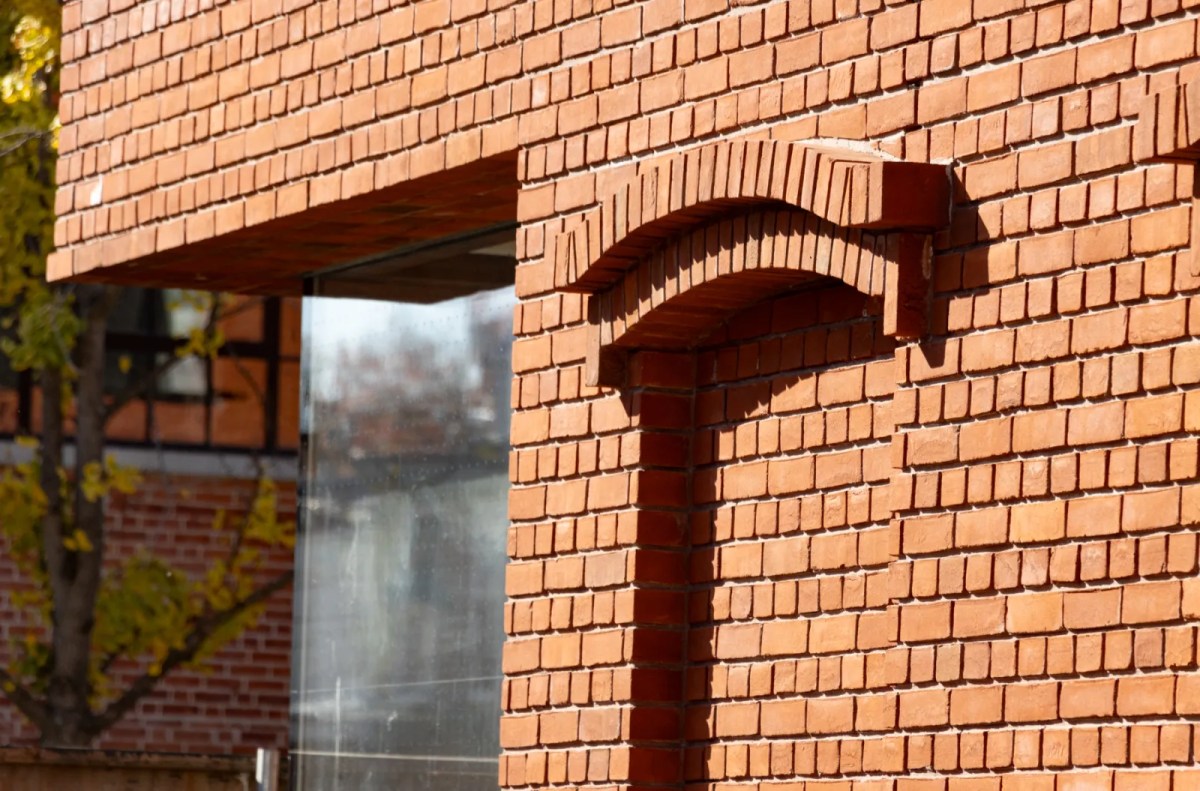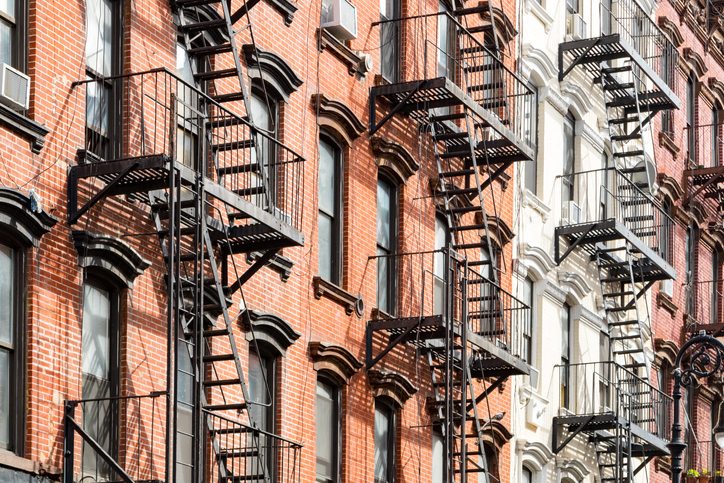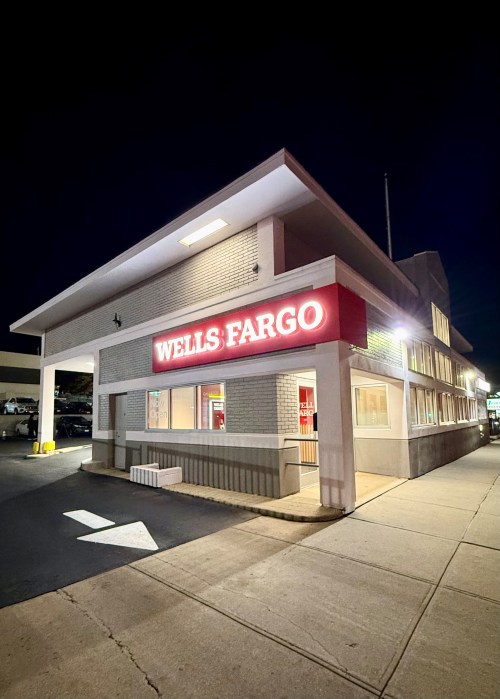
Airbnb began allowing people to use the home-sharing platform to host refugees for free last Wednesday, and within two days more than 100 New Yorkers signed up for the initiative, the company said.
Airbnb’s director of social good Kim Rubey said 6,000 users across the globe indicated they were interested in offering free stays for refugees. More than half of these volunteers were new to Airbnb.
“We’re getting a lot of interest from people who haven’t yet hosted and want to start this way,” Rubey said. “We’re really overwhelmed by how positive the response has been.”
Airbnb is working in the United States with the International Rescue Committee, a nonprofit that finds short-term housing for people escaping conflict and disaster, and with similar relief groups in other countries. These organizations are given an Airbnb account that allows them to search on behalf of refugees, evacuees and other displaced people they have vetted, and then sign clients up for home stays that fit their needs.
The nonprofits generally seek out spaces available for days to weeks, but a one-night stay can be beneficial in certain situations, Rubey said. She noted that the relief organizations ensure good matches by looking through listings for available rooms, beds and couches, and conferring with hosts.
Beyond providing shelter, home sharing can help refugees more quickly acclimate and meet people in new communities, according to David Miliband, the president and CEO of the IRC.
“Airbnb will help us cut the time and expense of moving refugees from harm to home,” Miliband said in a statement.
Earlier this year, Airbnb set a goal of providing short-term housing over the next five years for 100,000 people in need.
The initiative for refugees grew out of Airbnb’s disaster relief program that started in New York during the wake of Superstorm Sandy, Rubey said.
At the time, a Brooklyn woman reached out to Airbnb and said she wanted to use the platform to welcome people displaced by the storm into her home for free, but the website would not allow it. Airbnb’s team worked overnight to update their platform so she and other hosts could list their homes as available at no cost, Rubey said.
Since then, Rubey said the company has activated this disaster relief feature some 65 times.
Rubey said Airbnb became interested in more proactively helping displaced people as the refugee crisis mushroomed near the end of 2015. Airbnb spent about a year speaking with resettlement organizations before launching the refugee assistance program last week.
“We’re just happy that we’re able to provide a way to connect people in need with people who want to help,” Rubey said.
































